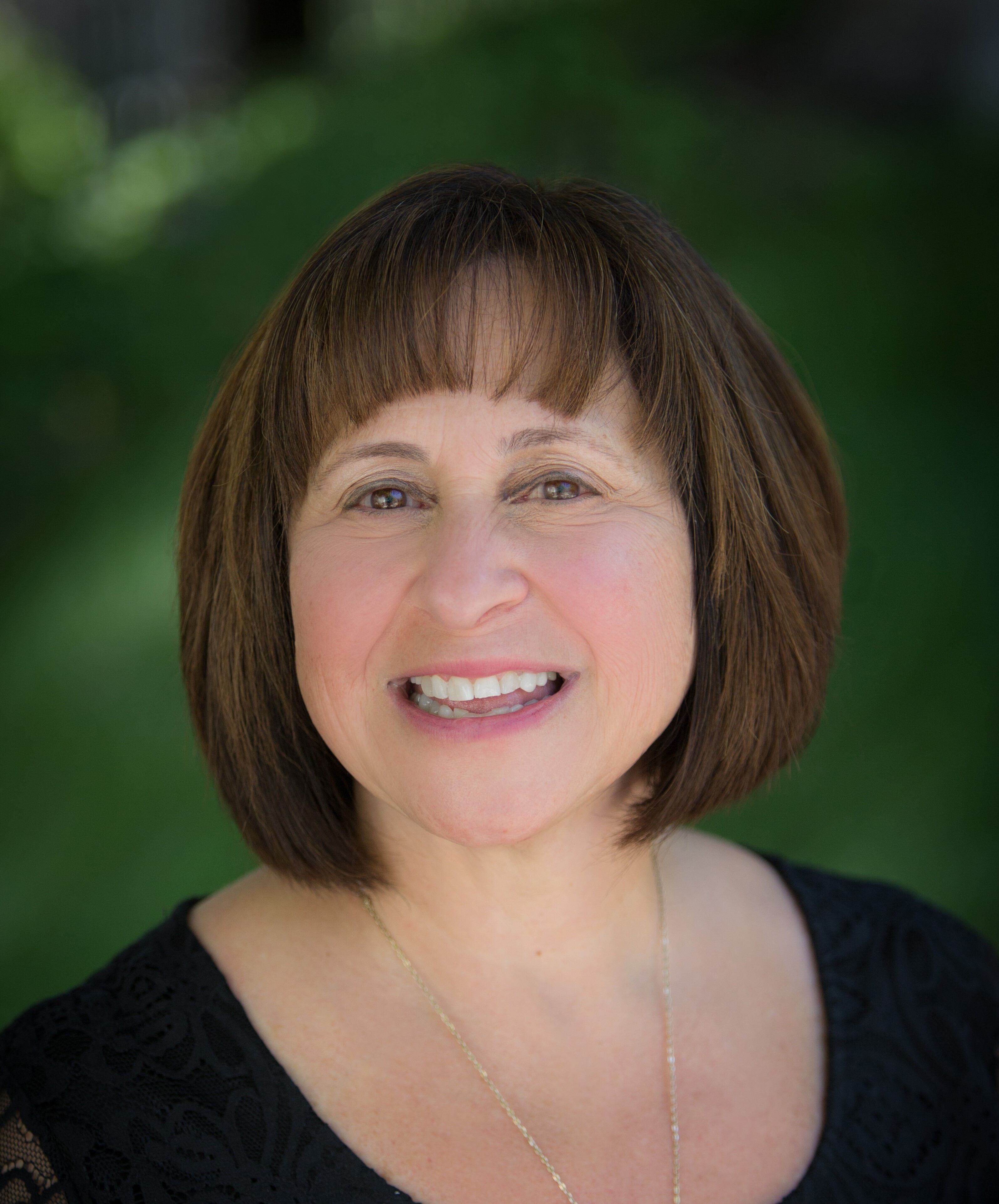This week’s Torah portion, Ki Tavo, opens with the description of the mitzvah of bikkurim, bringing of the first fruits to temple, and its accompanying ceremony: “And it shall be, when you come into the land which the Lord your God gave you for an inheritance, and you possess it, and dwell therein; that you shall take of the first of all the fruit of the ground, which you shall bring in from your land that the Lord your God gives you; and you shall put it in a basket and shall go unto the place which the Lord your God shall choose to cause His name to dwell there. And you shall come unto the priest that shall be in those days, and say unto him: 'I profess this day unto the Lord your God, that I have come unto the land which the Lord swore unto our ancestors to give us.' And the priest shall take the basket out of thy hand, and set it down before the altar of the Lord thy God.”
Remarkably, what follows in the ceremony is a formulaic declaration spanning Jewish history in which the person bringing the fruits pronounces a connection of his fruits to the wandering in the desert, the Exodus from Egypt, and ultimately to the promises made by God to bring our people into the land of milk and honey.
Notice that the Torah commands the mitzvah of bikkurim ‘when you come into the land’, implying some special connection between this mitzvah and entering the land. There is no question here about whether or not our people will enter the land, but rather a positive statement of when this will occur. What, then, is the connection between this mitzvah and entering the land?
The midrash of Sifrei suggests that the connection of the bringing of the first fruits and the opening words of our parashah emphasized the importance and uniqueness of the mitzvah of bikkurim, proclaiming: “Perform this mitzvah (of bikkurim) in order that you shall enter the land as a reward.” Bringing the first fruits to the Temple results in God’s reward of the land.
The challenge of this midrash, however, is that the text says WHEN you come into the land, implying that the mitzvah of bikkurim occurs after entering the land and not the reverse. So, what then is the significance of the connection between these two?
Consider for a moment, the perspective of the person whose work it is to grow these fruits. Months pass of planting seeds, watering and caring for the plants and trees, weathering any storms or other impediments to growing the land, and still the farmer has no way of knowing the work will even result in producing fruits. Yet, with faith and determination the work is continued. And still, when finally there is fruit borne, the fruit is still not reserved for the person who grew it.
The Mishnah Bikkurim tells us that, as the individual Jews from the towns and farms made their journey to Jerusalem carrying the first fruits, delegations of dwellers from the cities along the way would come out to greet them with praises and to sing psalms to God. When they would reach the gates of Jerusalem, additional verses and praises were recited. It was an elaborate ceremony involving the person bringing the offering, the people of the city, the Levites and the Cohen.
By the time, the procession reached the Temple and the fruits were left with the Cohen, the mitzvah included not only the person bringing the fruits, but the whole community. The first fruits represented not only the person who grew them, but the entire nation. The success of the land belonged not only to the farmer, but also to the people of the city, the Levites, and the Cohen. And, by drawing all into the public celebration, each is invited to recognize that ultimately, the land belongs not to the individual, but to God. Moreover, all are drawn in to acknowledge that the blessings of the land are not the farmer’s alone nor are the blessings of the Temple the priests’ alone, but each is tied to one another and reliant on one another in creating the structure for the national identity of the Jewish people. Sustenance comes from God and from the people all working together.
As the period of the High Holidays approach, I pray that each of us will have the opportunity to be a part of a community that relies on God and on each other for blessings and sustenance.
Shabbat Shalom!

